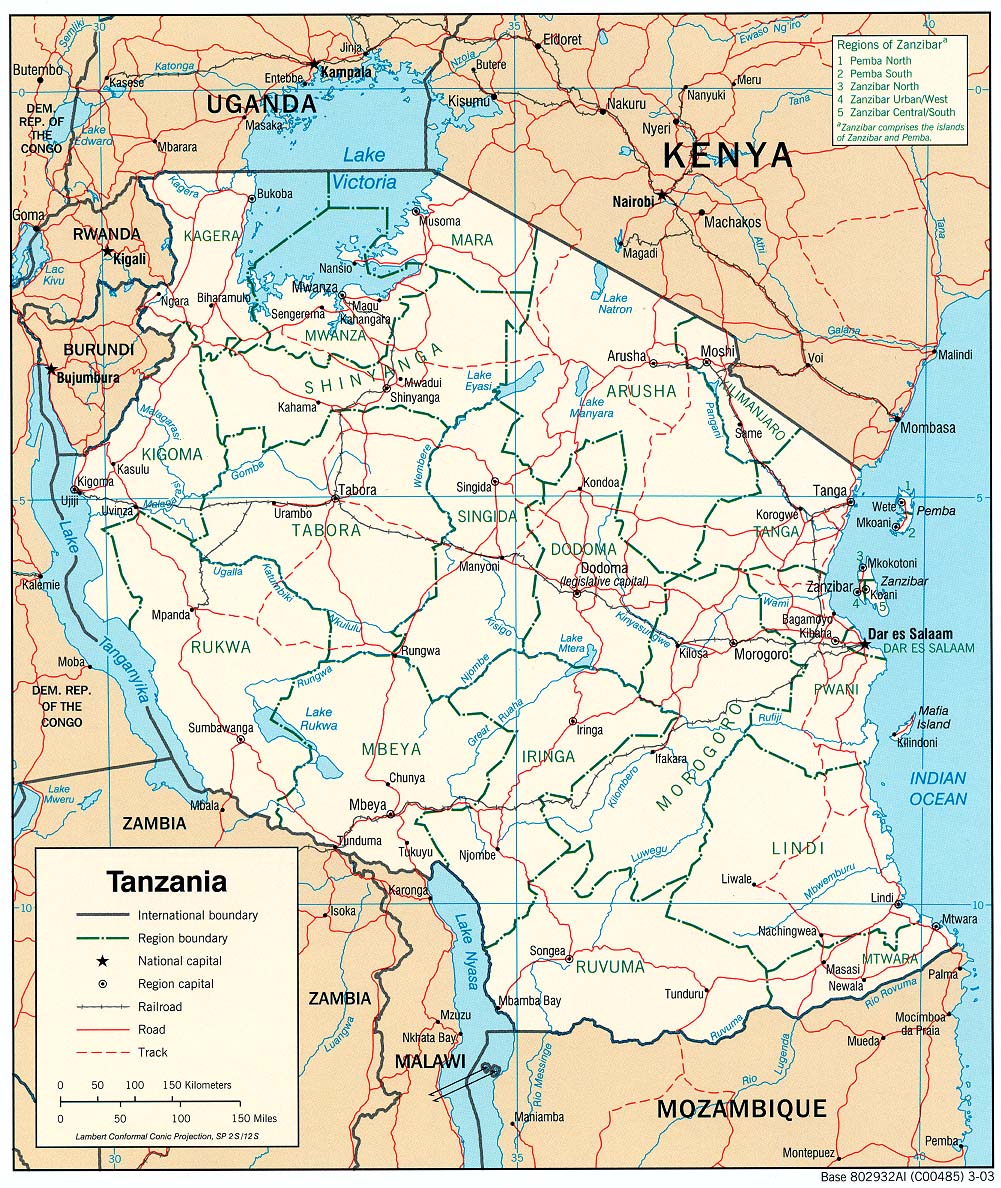I am studying Swahili
>> Thursday, September 8, 2011
Jambo watu! Habari gani? Mimi jina langu ni Reginald lakini mandugu mimi jina itwa Kaka Reggie.
Translation:
Hello people! What's the news? (How are you?) My name is Reginald, but my comrades call me Brother Reggie. I'm sure that wouldn't hold salt with Google Translator, but hey, I'm just starting.
I'm sure that wouldn't hold salt with Google Translator, but hey, I'm just starting.
UC Berkeley's Study Abroad Program has many options. And the Berkeley African American Studies Department wants students to participate. Sadly, just as we're underrepresented on the campus, we're not too often present when it comes to studying abroad.
I knew I wanted to–like Marcus Garvey–go 'back to Africa'. In the summer of 2010, I traveled to Kemet (see, Egypt) with Prof. Manu Ampim. I considered returning to Egypt, finally going to Ghana or Tanzania. Last spring, I applied and was accepted to study in Tanzania.
I chose Tanzania for a few reasons. First, I've been interested in learning Swahili for as long as I can remember. My initial exposure to the language was either through The Lion King's "Hakuna Matata" or Michael Jackson's "Liberian Girl." Later, I learned more Swahili vocabulary thanks to childhood Bay Area Kwanzaa celebrations. Words like Umoja (unity), Nia (purpose) and Imani (faith) gained special meaning.
During the Black Liberation Movement, many "culture nationalist" and others began studying Swahili. In fact, through my research on the Laney College Black Student Union history revealed that (a) members of the campus' Negro Culture Club studied Swahili, (b) students called for Swahili classes, and (c) the campus had a Swahili Club.
Finally, Oakland rapper Askari X's song, "Uhuru Sasa" and others include Swahili.
As a Political Science student, there are also political reasons. Starting with Mwalimu (teacher) Julius Nyerere. A few years ago, I was passed a few chapters of his concept, "Ujamaa." I was familiar with the word–pronounced oooh-ja-maah-ah–because it's a principle of Kwanzaa, known as cooperative economics. But ujamaa was his post-colonial treatise for the independent African nation. Another reason is because an ex-patriate community of North American Africans now reside there.
Nonetheless, as I prepare for a 2012 trip to Tanzania ... mimi nina soma Swahili. That means, "I am studying Swahili." I am thoroughly enjoying the class, taught by Prof. Sam Mchombo. I am confident that I will arrive at the University of Dar es Salaam, InshaAllah (Arabic for "God Willing"), speaking Swahili comfortably. As I learn more Swahili, and about the state of Tanzania, I will teach you more.
The video below is a Jambo song. It's a "folk song" that many use the lyrics to learn Swahili.
Asante! (Thanks!)



3 comments:
Peace brother James:
Hongera! (congratulations!)
I am encouraged and inspired by your post. I will be taking a few young women on a trip to Tanzania in 2013 as one of the programs/events offered by by nonprofit organization. I look forward to hearing more about your progress as you learn the language and immerse into the Kiswahili culture in 2012.
Blessings,
Erika Adams
Please excuse my typo....correction: brother Reggie.
Peace,
Erika
Habari zako?mambo?upo Tanzania?
Post a Comment